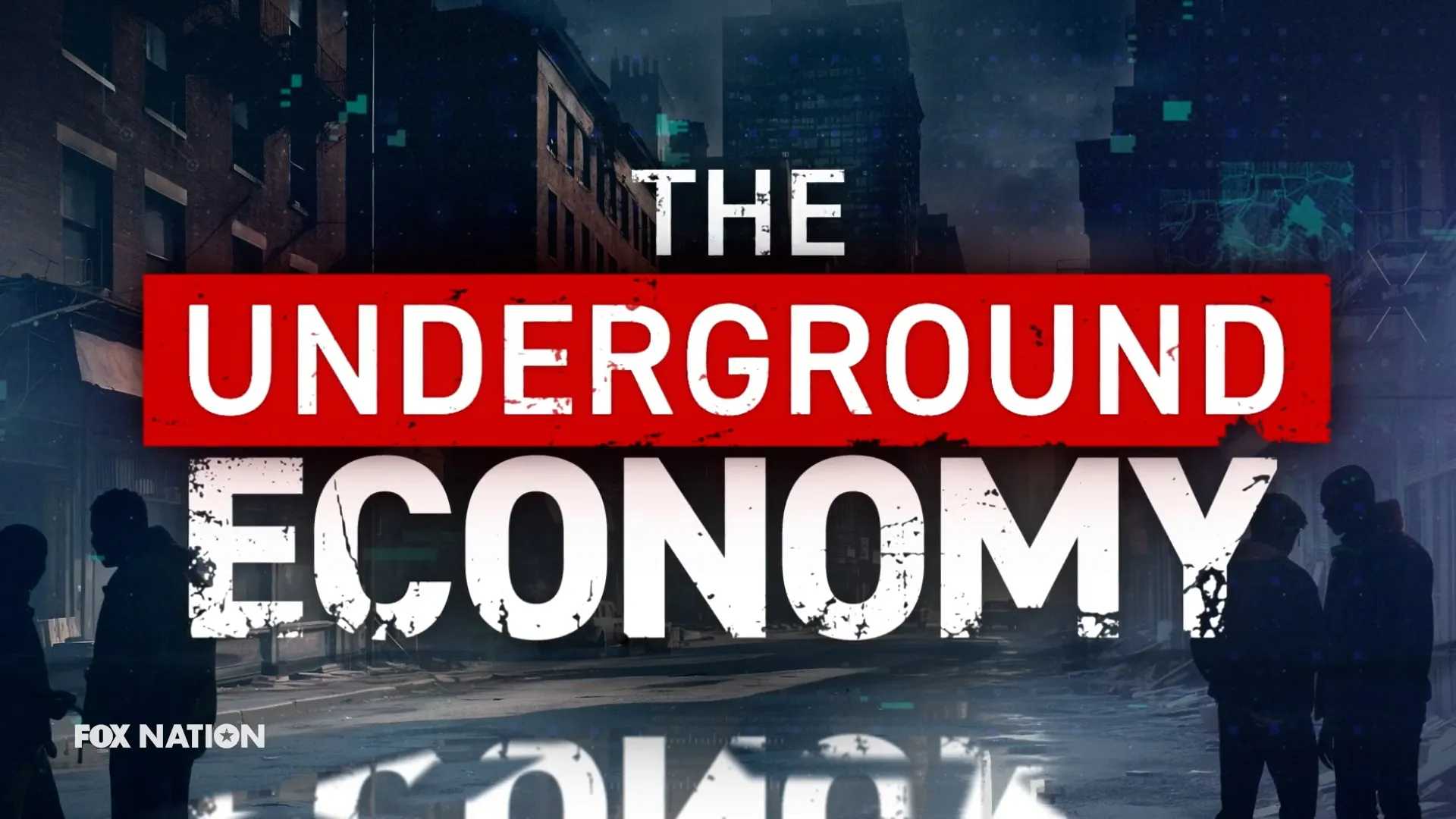News
The Underground Economy: Migrant Crisis Fuels Shadow Economy in NYC

The influx of migrants into New York City has given rise to an underground economy that thrives beneath the surface of the city’s bustling streets. This phenomenon is the focus of a new documentary titled “The Underground Economy,” hosted by Rosanna Scotto, co-host of Good Day New York. The documentary, currently streaming on FOX Nation, delves into how illicit trade and shadow employment are pervasive in the city, fueled by the migrant crisis.
Rosanna Scotto, narrating the special, stated, “As millions of migrants flood across the border, a black market rises up in our cities, and it’s right under our nose and no one knows about it.” The documentary features insights from Daniel DiMartino, a graduate fellow at the Manhattan Institute who specializes in immigration economics in New York City.
According to DiMartino, “Immigrants tend to specialize by nationality in different occupations.” He notes that many Venezuelan migrants in New York have moved into food delivery services, utilizing platforms such as Uber Eats and GrubHub. However, without necessary documentation, some are compelled to rent accounts or equipment, a practice many users disregard. “They have to be entrepreneurial because they can’t find regular job opportunities,” DiMartino explained.
Scotto and DiMartino also encountered migrants who described being paid in cash for various jobs, ranging from cleaning houses to working in grocery stores. These under-the-table arrangements highlight the challenges migrants face when seeking employment without official documentation.
The documentary includes perspectives from NYPD Chief John Chell and independent journalist Leeroy Johnson. It highlights how the shadow economy in New York City has evolved from small-scale theft to more brazen activities, often driven by those who lack access to traditional job markets.
Johnson, who has been documenting the migrant crisis in New York, pointed out the concentration of migrants in areas such as the theater district and hotels like the Row and the Roosevelt Hotel. The latter has gained recognition as a migrant processing hub, symbolically likened to a modern “Ellis Island.”
The complexity of New York’s migrant-driven underground economy underscores broader socioeconomic tensions and the city’s role as a contentious hub for economic activity linked to immigration. As the conversation continues, the documentary offers a closer look into these often overlooked facets of the city’s economy.












